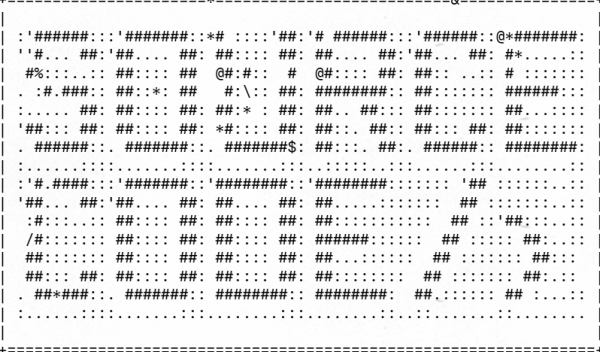
Significant changes in employment terms and working conditions, as well as in the process of benefits disbursement, are expected in the coming months with the implementation of the new laws voted in the last semester of 2023.
Τhe most significant of the new regulations concerns the “thawing” of the three-year employment period which came into effect on January 1st. The measure is expected to provide an up to 10% boost to salaries of certain categories of employees, with the minimum wage also increasing.
Furthermore, the digital work card will be implemented in retail and industry, including the hospitality and tourism sectors by the end of 2024.
In addition, a 13-hour daily work limit for concurrent employment with multiple employers will be established. And the termination of an employment contract without severance pay during a six-month probationary period will be introduced.
The possibility of employment is extended to the sixth day of the week in businesses operating continuously, implementing a five-day work system with alternating shifts, with additional work compensated at a 40% increase.
What is more, the employment of workers on Sundays and public holidays will only be allowed in specific sectors and activities.
Changes are also coming to the process of benefits disbursement. Specifically, during the second half of the year, the gradual implementation of the prepaid card for benefits is expected. This measure applies to all benefits, with some exceptions, such as disability benefits, housing allowance, and emergency financial assistance.
Finally, self-employed women and female farmers will be entitled to special maternity protection, allowing them to receive a monthly maternity benefit amounting to 780 euros for 9 months.
Source: tovima.com
Latest News

PM Mitsotakis to Chair New Democracy’s Committee Meeting
Today’s meeting is seen as a crucial opportunity to halt internal disputes within ND and reaffirm unity within the party.

Trump Tariffs Jeopardize Growth: Piraeus Chamber of Commerce
The tariffs, aimed at reducing the U.S. trade deficit, are expected to have both direct and indirect effects on the European economy

EU Condemns Trump Tariffs, Prepares to Retaliate
As tensions escalate, the EU is expected to continue negotiations with Washington while preparing for potential economic retaliation.

The Likely Impact of Trump Tariffs on Europe and Greece
Trump tariffs are expected to negatively affect economic growth in the Eurozone while Greece's exports could take a hit.

Motor Oil Results for 2024: Adjusted EBITDA of 995 mln€; Proposed Dividend of 1.4€ Per Share
Adjusted EBITDA for 2024 was down 33% yoy. The adjusted profit after tax for 2024 stood at 504 million euros, a 43% decrease from the previous year

Cost of Living: Why Greece’s 3% Inflation Is Raising Alarm
Greece appears to be in a more difficult position when it comes to price hikes, just as we enter the era of Trump’s tariffs.

Fitch Ratings Upgrades the Four Greek Systemic Banks
NBG’s upgrade reflects the bank’s ongoing improvements in its credit profile, Fitch notes in its report, including strong profitability, a reduction in non-performing exposures (NPEs), and lower credit losses

Trump to Announce Sweeping New Tariffs Wednesday, Global Retaliation Expected
With Trump's announcement just hours away, markets, businesses, and foreign governments are bracing for the fallout of one of the most aggressive shifts in U.S. trade policy in decades.

Inflation in Greece at 3.1% in March, Eurostat Reports
Average inflation in the eurozone settled at 2.2%, compared to 2.3% in February

Greece’s Unemployment Rate Drops to 8.6% in February
Despite the overall decline, unemployment remains higher among women and young people.










































 Αριθμός Πιστοποίησης
Αριθμός Πιστοποίησης